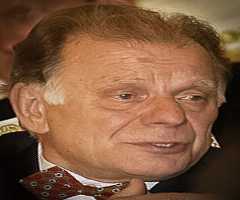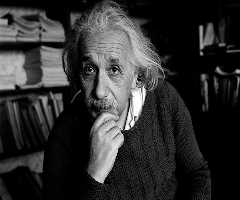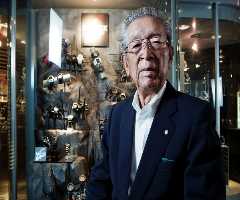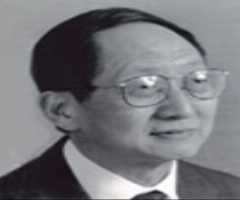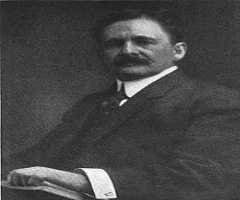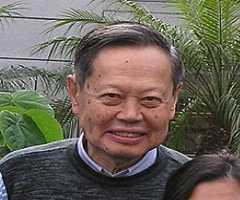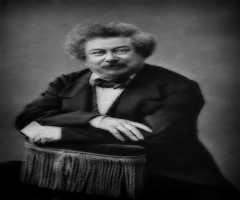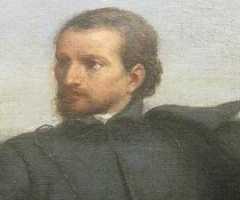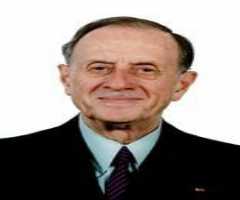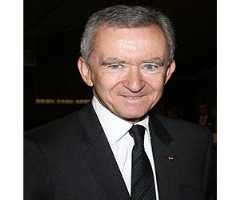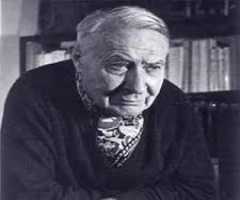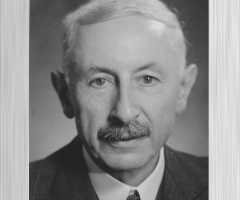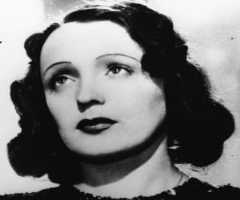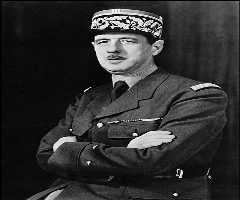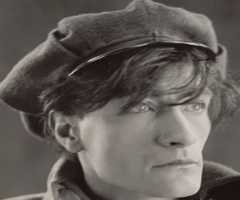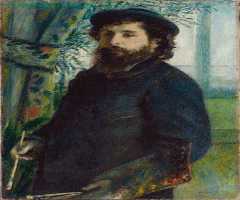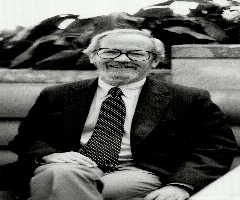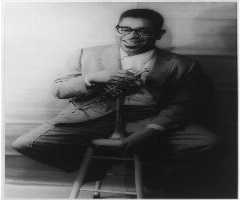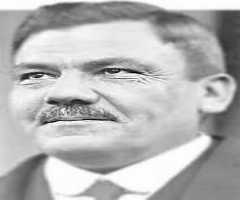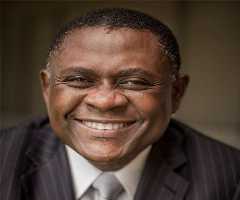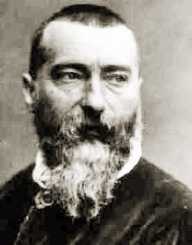
Jean Baptiste Perrin Biography, Life, Interesting Facts
Childhood And Early Life
Physicist Jean Baptiste Perrin was born on the 30 September 1870 in Lille, Nord-Pas-de-Calais, France. He was the son of Jean Baptiste Perrin Perrin and Estelle Julie Theresa Lasalle.
Education
Jean Baptiste Perrin was educated at the École Normal Supérieure and Sorbonne University.
Rise To Fame
Jean Baptiste Perrin became an assistant in physics 1894-1897. He began his research into cathode rays and x-rays. And in 1879, he received his doctorate for his thesis on Roentgen rays and cathode. After receiving his Ph.D. Perrin joined the staff of Sorbonne University in Paris as a lecturer, becoming a professor in 1910. He held this post until 1940 he fled to the United States after the Nazi invasion of France.
Major Works
In 1926 Jean Baptiste Perrin received the Nobel Prize in Physics for his work on the atom. Perrin showed in 1895 that cathode rays are made up of particles of negative electrical charge.
Perrin carried out experiments testing Einstein’s explanation of Brownian motion based on the random motion of molecules. In 1908 he showed an agreement between experiment and theory which confirmed the actual existence of atoms, proposed a hundred years earlier by John Dalton. Perrin was the first scientist to use the term Avogadro’s number.
He helped found the Institut de Biologie Physico-Chimique with donations from Edmond Rothschild in 1919. In 1936 Perrin was involved in the setting up of the French Central Agency for Scientific Research. These two institutions later became the National Centre for Scientific Research (CNRS).
Awards And Achievements
Jean Baptiste Perrin was awarded the Nobel Prize in Physics in 1926. Other awards he received include the Royal Society’s Joule Prize (1896), the Vallauri Prize (1912) and the La Caze Prize (1914) from the Paris Academy of Sciences. He was also the recipient of honorary doctorates including ones from the University of Brussels, University of Liege, University of Ghent, University of Calcutta, Princeton University and Oxford University.
Perrin was a member of the Solvay Committee in 1911 and 1921.In 1923 he was inducted into the French Academy of Sciences. Other scientific body memberships he held included the Royal Society of London, the Academy of Sciences in China and the Academy of Sciences of Turin. He was awarded Commander of the Legion of Honour in 1926. And also was awarded a British Commander of the British Empire and the Belgian Order of Leopold.
Jean Baptiste Perrin became a Commander of the Legion of Honour in 1926 and was also made Commander of the British Empire and the Order of Leopold (Belgium).
Personal Life
Jean Baptiste Perrin’s first wife was Henriette Duportal. They had two children Aline and Francis. Henriette died in 1938. His next partner was Nine Choucroun, a fellow scientist who escaped with him to the United States in 1942. During World War I (1914-1918) Perrin was an officer.
Perrin died on the 17 April 1942 in New York City. After World War II, in 1948, his body was shipped back to France on the Jeanne d’Arc. He was buried in the Pantheon.
Jean Baptiste Perrin was a prolific writer and published a large number of scientific papers as well as books. His first book was Les Atomes (1913).
More Physicists
-
![Pavel Alekseyevich Cherenkov]()
Pavel Alekseyevich Cherenkov
-
![Albert Einstein]()
Albert Einstein
-
![Ben Roy Mottelson]()
Ben Roy Mottelson
-
![Daniel Chee Tsui]()
Daniel Chee Tsui
-
![Albert Abraham Michelson]()
Albert Abraham Michelson
-
![Samuel Chao Chung Ting]()
Samuel Chao Chung Ting
More People From Hauts-de-France
-
![Alexandre Dumas]()
Alexandre Dumas
-
![Jacques Marquette]()
Jacques Marquette
-
![Maximilien De Robespierre]()
Maximilien De Robespierre
-
![Charles de Gaulle]()
Charles de Gaulle
-
![Bernard Arnault]()
Bernard Arnault
-
![André Masson]()
André Masson
